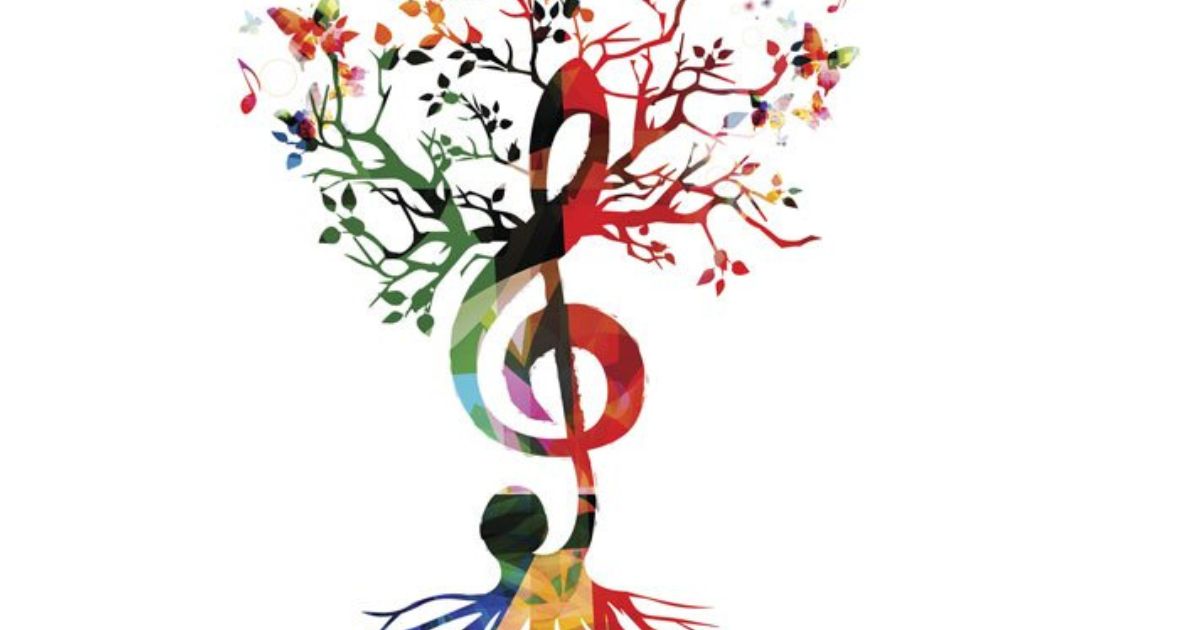In the intricate symphony of life, music emerges as a powerful instrument that resonates not only with our ears but also with our emotions and well-being. Extensive research unveils music as therapy for calming anxiety.
It’s more than just a melody; it’s a therapy that has the ability to reduce blood pressure, alleviate stress, and even stimulate the release of dopamine—a neurotransmitter intricately linked to our mood and sense of happiness.
Music As A Therapy To Stimulate The Release Of Dopamine
The threads of scientific evidence beautifully weave together to underscore the profound influence of music on our well-being. A melody that resonates with our souls can create a harmonious ripple effect, soothing our physiological responses.
Studies have illuminated the correlation between music and lowered blood pressure, as well as its potential to alleviate the weight of stress that life often bestows upon us.
However, the magic of music transcends the tangible; it delves into the realm of neuroscience, unlocking the door to the release of dopamine—the quintessential chemical of happiness and pleasure.
In the corridors of modern healthcare, music is donning a new role—a healer that offers solace to both patients and practitioners. This pursuit is grounded in science, supported by research that underscores the tangible benefits of this auditory art form.
One revealing study, published in Psychiatry Research, offered a glimpse into the transformative potential of music. It unveiled that individuals, after engaging with music, reported a decrease in anxiety—a testament to the deep connection that resonates between sound waves and our emotional landscape.
This study, a symphony of scientific rigor, demonstrated that the universal language of music has the power to harmonize our inner discord.
The rhythm and melodies of carefully selected compositions act as a gentle embrace, allowing patients to be enveloped by a sense of calmness and relief. The process begins with empathy—a careful understanding of the patient’s emotional state, fears, and anxieties.
Like a skilled conductor, choose the initial notes that mirror their inner melodies, creating a bridge between their emotions and the compositions that can offer solace.
The journey is a delicate dance, a choreography of emotions and melodies that gradually shifts from resonance to tranquility.
The melodies, like an invisible guide, lead us towards serenity. The patient’s mood becomes a harmonious echo of the melody, a testament to the interconnectedness of our minds and the melodies that surround us.
As we navigate the therapeutic realm of music, I’ve seen its ability to transcend words and touch the recesses of our souls. It’s a language that communicates across boundaries, bridging gaps and building bridges of understanding.
But its impact is far from uniform; it’s a symphony of individual stories, each note representing a unique journey from distress to tranquility.
The transformative power of music in alleviating anxiety is not a solitary note in the grand orchestration of life—it’s a chorus that reverberates with hope.
Through the skillful interplay of melodies, emotions, and science, we are composing a new narrative—one where the resonance of music echoes through the corridors of our well-being, offering a harmonious refuge in times of turmoil.




























